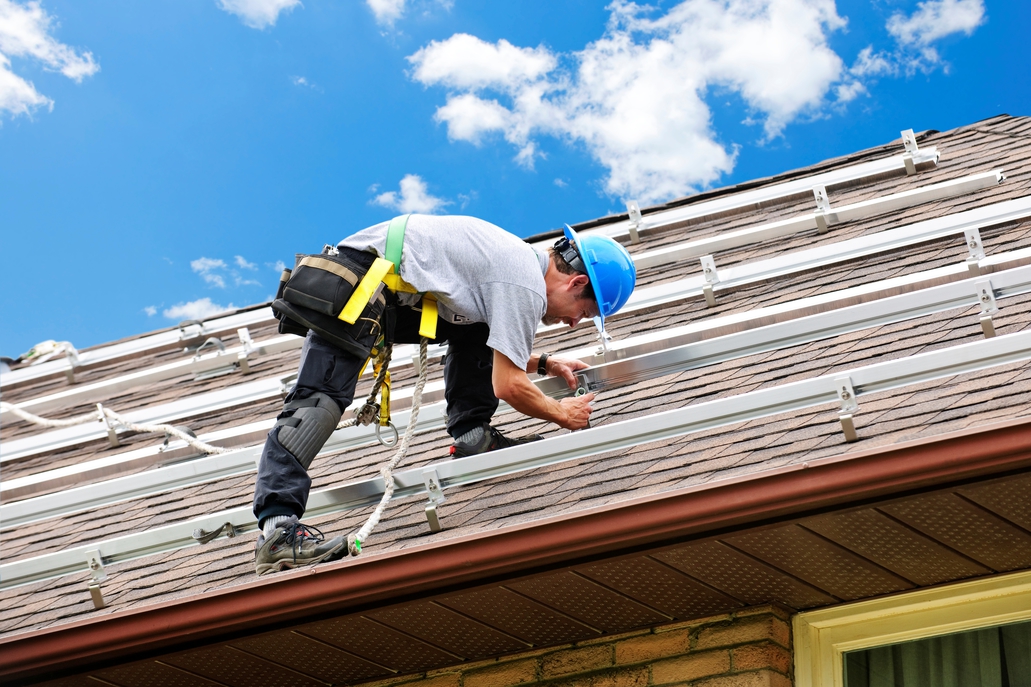If your home is in a region with abundant sunlight, there’s a likelihood that you have thought about installing solar power to save on your electric bills. Unfortunately, with the internet filled with so much information, it can be difficult to know how and where to begin.
It is easy to be overwhelmed by the volume of the information you come across, from financing to panels, to inverters, and other complex explanations. Below is a piece of concise information about the things you should know about going solar. You can also learn more about solar when you click here and visit the informational website.
What Are the Pros and Cons of Solar power?
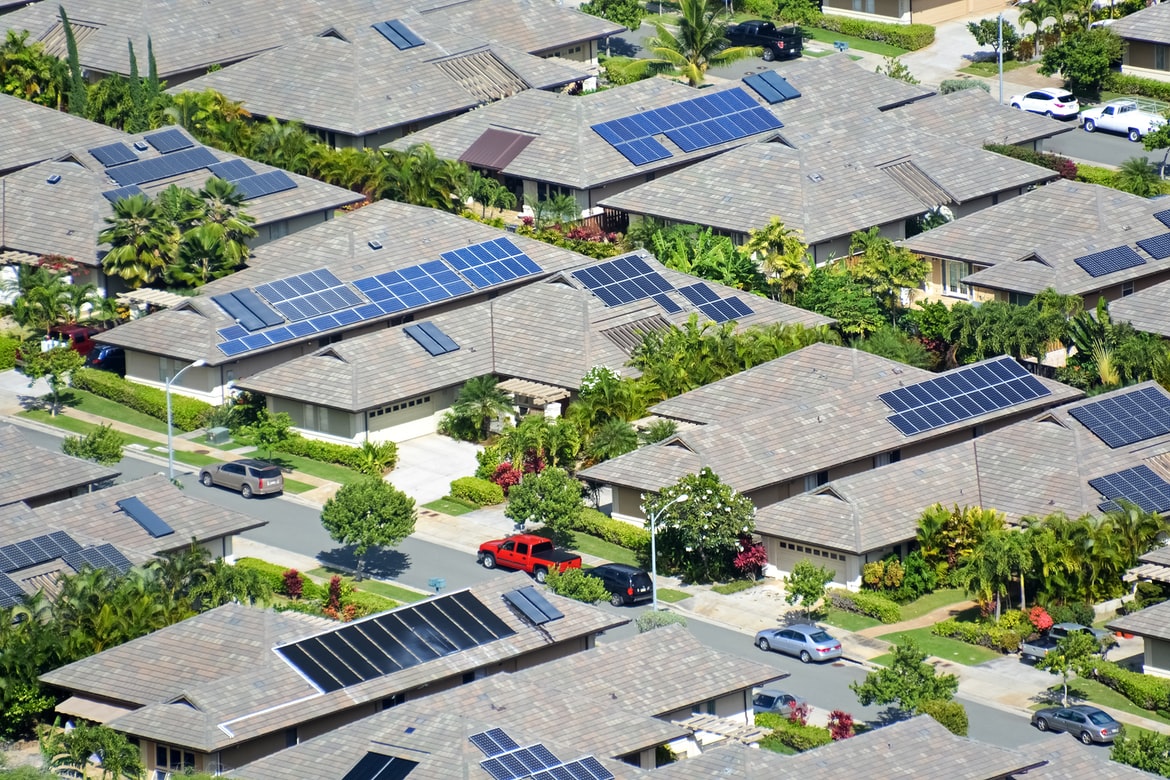
Here are some reasons why you might choose solar over another source of power:
- It is renewable and reliable: Sunlight is not like oil that is removed from the earth and spent as we use it. Energy from the sun can be used over and over again without depleting the sun. It is always available, even on cloudy days (though with lesser energy).
- It lowers your electricity bills: Solar power can be a replacement for grid-tied properties, and so, it costs you far less than what you would pay the utility company every month. In some cases, a solar system can drop your electricity bill to almost zero.
- Remote power: If your home is in a remote location, running power lines there may be a very expensive pursuit. With solar power, you can generate energy even when you can’t connect to the power grid.
- It increases the value of your property: Solar power impacts the value of a property significantly. A study by the Lawrence Berkeley National Laboratory concludes that solar panels increase home value by $14,329 on average. Homes equipped with solar power systems sell for 3.74% more than comparable non-solar properties.
Before going solar, you need to consider the following drawbacks:
- Up-front cost is high: A small solar power system would cost you a few thousand dollars. You may even be spending up to 5 figures to install a full-scale system for your family home. The initial cost of installation can be prohibitively high. The good thing is that it eventually pays for itself in the long run.
- Efficiency depends on whether: The output of your solar panels can be reduced by obstacles like shade and snow. The efficiency of your panels won’t be as advertised if they don’t get sufficient sun. While there are solar power systems that are designed to mitigate this problem, they are more expensive.
- It requires space: Depending on the configuration, solar panels are 6-7ft tall, and over 3 feet wide. You may need up to 12 panels for an average residential system. Make sure you have a plan on where to put them considering that they take up a lot of space on your property.
- Storage is costly: If you’d want to store power as a backup for your grid-tied system or off the grid, you will need batteries. Unfortunately, batteries are the most expensive part of a solar system and will eat into your return on investment. You should only use them when necessary, or if you live in an area where the power supply is unreliable.
How Long Do Solar Panels Last?
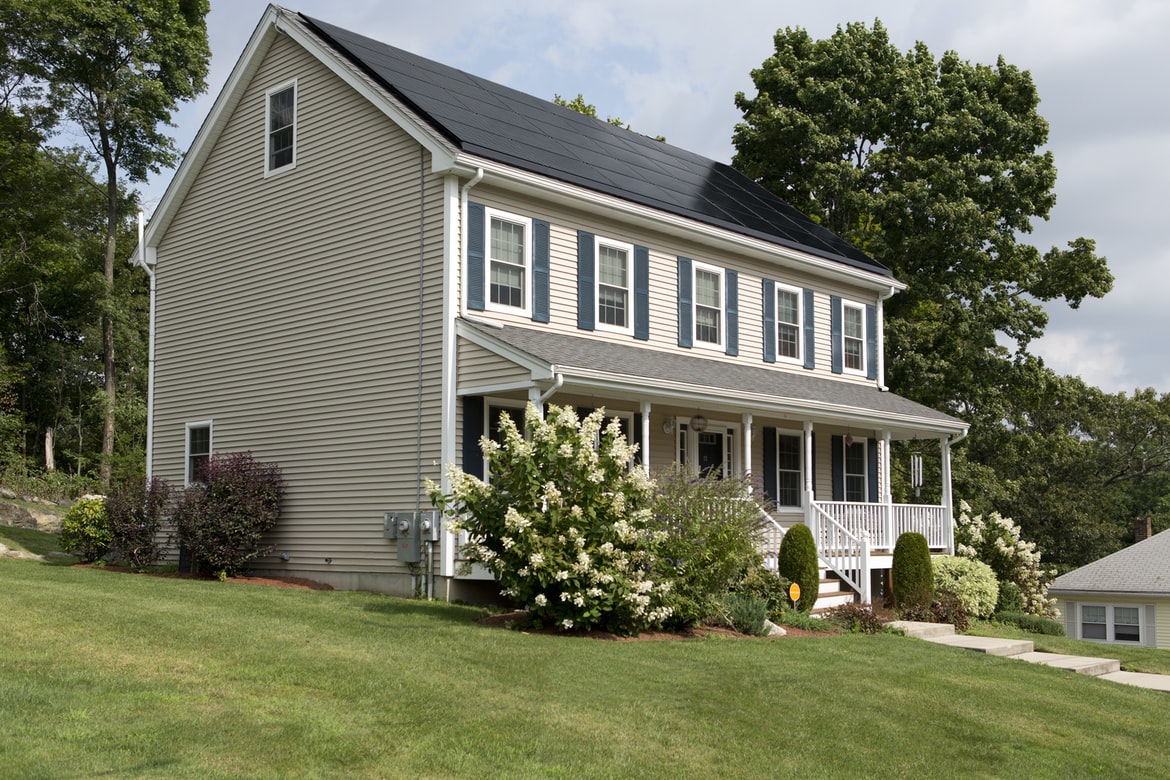
A lot of manufacturers guarantee that the efficiency of their panels will be at least 80% for 25 years. The good thing about panels is that they don’t break down even when the warranty is up; they just continue to work, but at a reduced output. For example, a panel that is rated at 500W would still produce 400W of output at the 25-year mark.
A study by the National Renewable Energy Laboratory showed that more than 75% of panels performed beyond what the warranty says. That suggests that panels are often very reliable.
The lifespan of other parts like the batteries and inverter of solar power is shorter. You should expect to replace them a few times. Don’t forget to factor these replacements into the cumulative cost over the lifetime of the system.
Depending on how well-maintained they are, lithium batteries usually have a warranty of between 10-15 years while lead-acid batteries will typically last 3-7 years.
Can You Install the Solar Yourself?
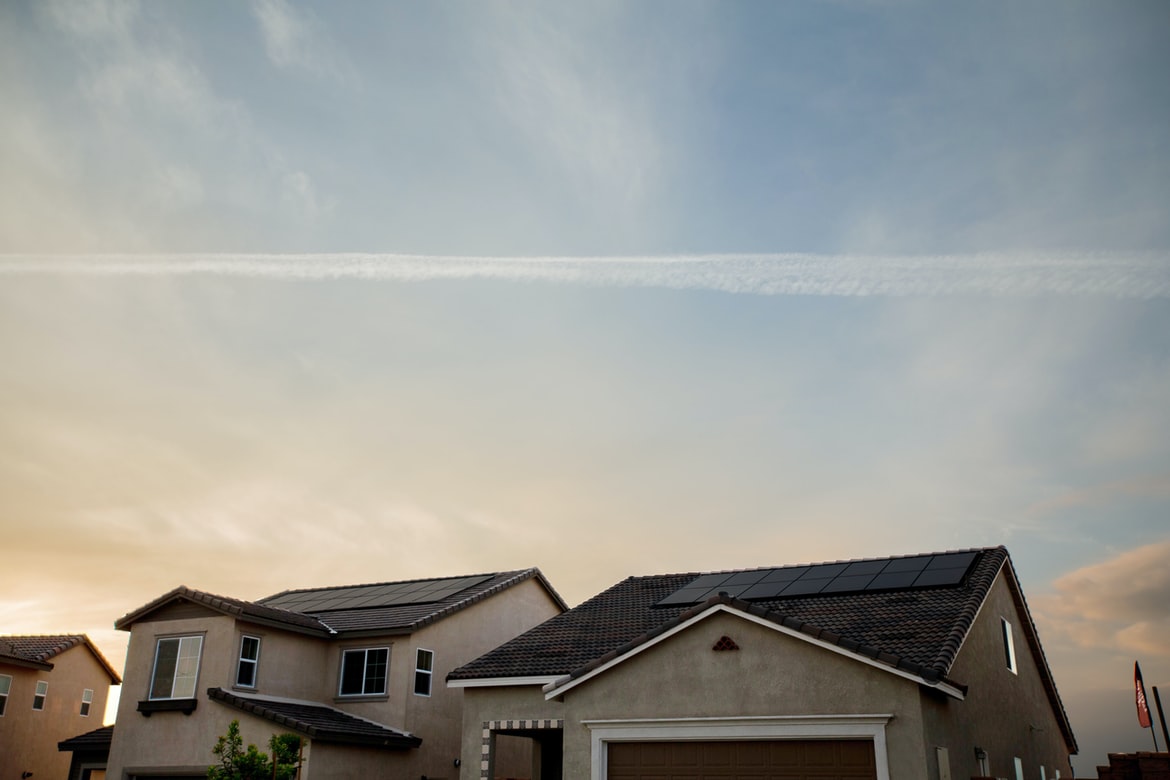
While you may be tempted to do it yourself, the installation of a solar system can be complex, requiring sufficient knowledge and experience. So, the best way to install your solar system is to hire a certified professional. They have the technical know-how to install the system correctly, and they work with high-quality solar panels to give you perfect outcomes. Professionals also know the right safety measures to take and what appropriate equipment to use for optimum outcomes.
Choosing A Professional Installer
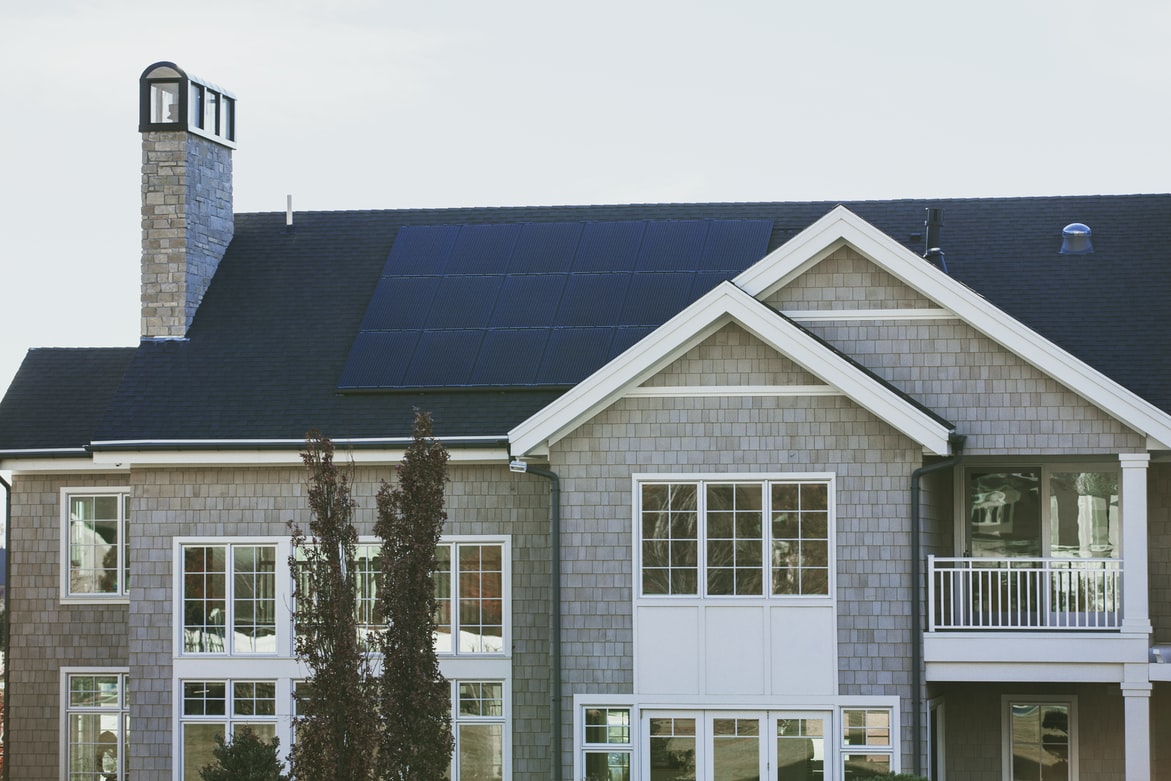
When trying to hire professional solar power installers, you should find answers to the following questions:
- How close are they to your location?
- What are their ratings?
- Is the installer licensed and certified?
- Do they offer free quotes and consultations?
- What is their experience record and how long have they been in business?
- What are the different options available for your home?
- What warranties are available for which products?
- Are they insured?
- Does the installer have experience handling utility agreements?
- Will the solar energy contractor maintain the equipment?
- What is the timeline plan?
- What permits and inspections will you need?
- Who files all the paperwork?
- When is the first payment due?
- Reviewing the contract
The Cost of Hiring a Professional
There are a number of factors that determine the rates that a professional solar installer will charge. The first determinant of the cost of installation is the availability of qualified installers in your region. If you are in a region where there are many qualified installers, rates will be lower because there are more people competing for business.
For their labor, the most reputable solar system installers charge between 75 cents to $1.25 watt of solar. The implication of this is that you should expect to pay between $3,750 to $6,250 for the services of a professional solar installer on a 5Kw system. Note that this does not include the cost of equipment.
The Bottom Line
Going solar is a huge decision that must be thought through carefully. However, you should always remember that installing solar power in your home is a long-term investment. From a financial angle, solar power is a good choice, irrespective of your location.
While the initial cost of installing solar power can be more expensive than buying electricity from a utility, it will save you from future possible fluctuations in energy costs. Just remember that the only way to go solar without the headache and stress is by hiring a professional solar contractor near you.

